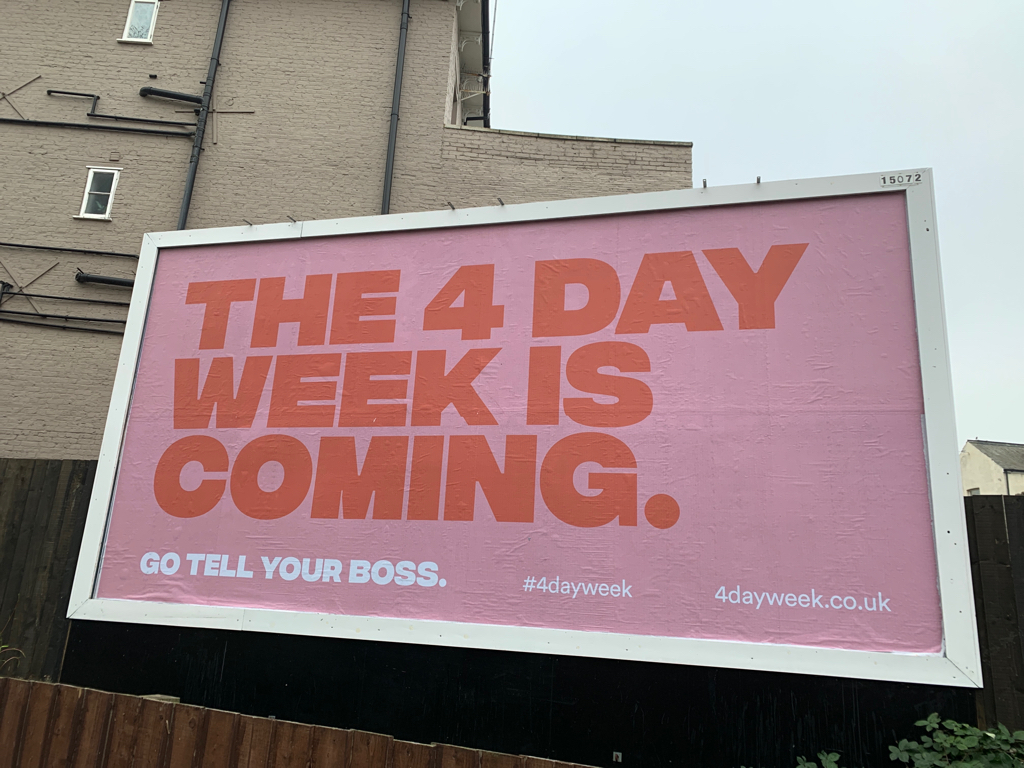
In 1935, Bertrand Russell remarked: “The idea that the poor should have leisure has always been shocking to the rich”. The history of the working class has been defined by the fight for increased leisure time, be it in the form of the eight-hour day or paid annual leave. We take these rights for granted now; many of them are enshrined in law. But with the UK now out of the EU, we could have a fight on our hands again.
On 14 January, reports emerged that as part of his post-Brexit review of UK employment law, business secretary Kwasi Kwarteng would be reassessing the Working Time Directive (WTD), an important EU law that limits the working week to 48 hours; ensures that anyone working more than six hours gets a break, and stipulates 11 consecutive hours of rest in any 24-hour period. It also enforces paid annual leave of at least four weeks a year and additional protections for night workers. After a Spanish court ruling in 2019, companies must also set up a system to record how many hours their employees work, so legal limits on hours can be enforced.
There’s a 48 hour week? I thought we were living 48hr days.
— breekom (@breekom) January 26, 2021
Following fierce resistance from the trade unions and the Labour party, Kwarteng U-turned on the review just over a week after announcing it. The battle has been called off for now, but with a business secretary who believes that “once they enter the workplace, the British are among the worst idlers in the world”, this detente is not likely to last forever.
labour wants to fight for a 48 hour week? 48 hours??? who’s vote are they trying to win? a Victorian factory owner?
— khala fa | ريمة (@reema_i98) January 25, 2021
The scare over the 48-hour week raises questions about how many hours we work, and what protections we have. As of 2018, full-time employees in the UK work an average of 42.5 hours a week, higher than the EU average of 41.2, and surpassed only by Greece and Austria. Many UK workers work over the 48-hour limit, as more and more employers incorporate WTD opt-out clauses into their contracts (although in theory, labour inspectorates can prevent employees from opting out if it compromises their safety and health).
High working hours are not good for workers, and this has ramifications on the economy. Since 2010, mental ill-health has made up an increasing proportion of work-related illness. In 2018-19, stress, depression or anxiety accounted for 44% of all work-related illness, and 54% of all working days lost to ill health; poor mental health at work is estimated to cost £45bn each year. One in four of all days lost – 5.6m days over the course of the year – were the direct result of overwork.
Clearly, the WTD is doing little to protect us from these stresses; it has also coincided with a period of stagnation for working time. The graph below illustrates the average length of the working week in the UK since 1900. Working time reduced significantly after both world wars, then continued to reduce in-line with productivity increases up until around 1980. Since then, working time has more or less stagnated, despite significant increases in productivity. The introduction of the Working Time Directive in 1993 did virtually nothing to buck this trend.
The WTD is an important baseline protection for workers, particularly in an increasingly precarious labour market – but it is no panacea. The 48-hour limit it introduced has not changed for three decades, and appears to have done little to reduce working time in the UK. Instead of complacently defending our existing rights, trade unions and progressive parties must make the case for building on these existing protections – in the form of a four-day week.
We know that shorter working weeks correlate with higher productivity. Workers in Germany, the Netherlands, and all of Scandinavia work far fewer hours than in the UK, and have much higher levels of productivity. They’re happier and healthier, too.
Across Europe, trade unions and progressive governments are recognising the success of this strategy. The Spanish government has just committed €50m to a national working time reduction pilot, with the ultimate aim of a four-day week. Under these plans, financial aid would be provided to companies that reduce their working week to 32 hours with no loss of pay.
En varias ocasiones en su historia reciente, España ha inspirado al mundo. Pasó con el matrimonio homosexual y está pasando con la semana de 4 días.
Me da mucho orgullo de país. A vosotr@s no?
☺️☺️😍💃💃💃💃https://t.co/KqaASMdlqe
— Maria Alvarez (@ostraperlera) January 29, 2021
In Germany, meanwhile, the metalworking union IG Metall has announced a four-day week campaign – which, it hopes, will prevent mass layoffs this year by more equitably distributing available work – just two years after they won a 4.3% pay rise and the right to reduce their working week to 28 hours.
The eight-hour day and the weekend were once seen as utopian ideas, but they were won by workers who refused to be satisfied with what they were offered. We must channel that spirit, and recognise that the fight for free time must be offensive rather than defensive. We should not accept the measly guarantee of a 48-hour week, but must instead demand what we deserve: a 32-hour, four-day week with no reduction in pay.
Aidan Harper is an economic researcher at the New Economics Foundation and a member of the 4 Day Week Campaign.